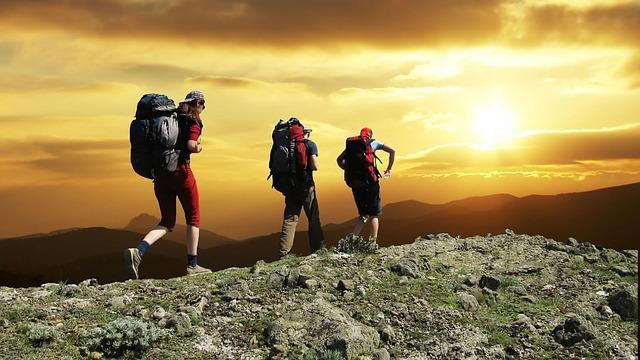If scaling walls or actual mountainsides wasn’t hard enough, climbers also have to deal with the physical demands and health issues that come with the sport. In particular, all climbers will know the gruesome issues that come with rock climbing shoes, from the tight fit and the stinky odors that usually seem to follow.
Depending on how often you go climbing, you may experience issues more or less often.  Some climbers do not even experience the typical toe and foot pain, while others develop long-term conditions like bunions, metatarsal pain, sesamoiditis, and possibly even fractures in the foot bones. Additionally, hygiene is always a concern as indoor climbing spaces and locker rooms are often shared amongst many people. This leads to increased risk of spreading germs and developing infections if everyone does not maintain cleanliness.
Some climbers do not even experience the typical toe and foot pain, while others develop long-term conditions like bunions, metatarsal pain, sesamoiditis, and possibly even fractures in the foot bones. Additionally, hygiene is always a concern as indoor climbing spaces and locker rooms are often shared amongst many people. This leads to increased risk of spreading germs and developing infections if everyone does not maintain cleanliness.
The following are helpful tips for climbers to upkeep foot health:
- Find the right shoes. For some, you might need to get some spot-stretching done on the shoes where pressure points always give you pain. Shoes should not be overly tight (i.e. cutting off circulation), but snug so that your toes and
- feet act as one. Discomfort is expected, but extreme pain and restrictive shoes are not okay.
- Clean your shoes, inside and out. After climbing, it is a good idea to wipe the inside and outside of the shoes. If you’re not washing them, make sure they are sanitized and fully dry before next use.
- Check for worn down rubber, insoles, and even rotting leather. After many uses, the shoes will start to wear down. If bacteria start to build up, it can begin to rot the leather parts of the shoes.
- If you can, take your shoes off between climbs. The pointed nature of the climbing shoe is to make your feet like one unit. It pushes all the forces toward the point, putting immense pressure on the big toe joint (like in ballet shoes). Keeping your feet in the restrictive shoes can cause excessive strain on the feet. Let them breathe and rest. Stretch out your feet and toes.
- Make sure your hands and feet are clean before and after climbing. Starting off with stinky feet will make it worse for your shoes and for everyone else using the climbing walls after. Tea tree oil can be anti-fungal and anti-bacterial.
If you experience pain or need advice on whether or not climbing may be an activity that your feet can endure, consult with our board-certified podiatrist, Dr. Brad Toll of Crofton Podiatry. Also serving the surrounding Gambrills, Odenton, and Bowie areas, our team will work with you to provide the best treatment available. Call to make an appointment at our Crofton, MD office today, at (410) 721-4505.
